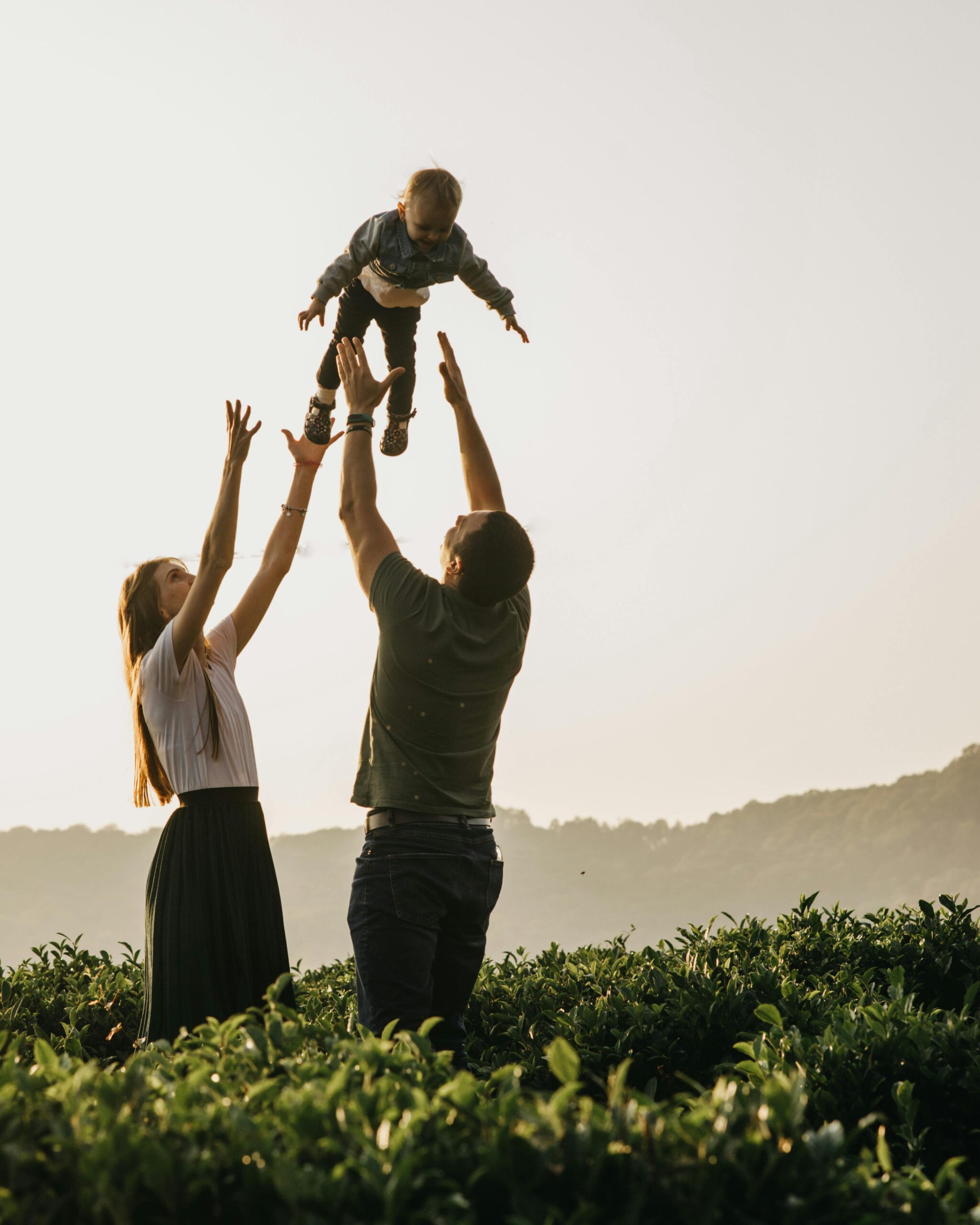
By: Karen Josselowitz
Karen Josselowitz, a professional group facilitator at Circles, brings over 16 years of experience in individual counseling and group work. She holds a Social Work degree from South Africa’s Rand Afrikaans University and is a dedicated wife and mother of two girls.
When we look at why couples divorce, it’s usually because of the realization that one or both partners believe that ending the marriage will free them to lead a happier, emotionally healthier life. This belief is usually true – for both the couple and the children as long as we are all in agreement about how to manage and navigate this journey to peaceful co-parenting.
Continued Partnership
I have found that once parents get divorced they are surprised and discouraged that their lives have not been improved straight away. How parents handle their divorce determines a lot about how their children will get by both in the present and the future. We also know that with every age and stage of their lives, navigating divorce dynamics will always be something they have to face. Parent – teacher interviews, college applications, graduation ceremonies, injuries, sports events and even their weddings will all be impacted by the nature of the divorce of their parents. WOW – that feels like a lot of pressure, well unfortunately it is – and what I can honestly say after years of dealing with children that come from divorced homes is that an amicable divorce and peaceful relationship and a continued partnership with your ex may be the greatest gift that you could give to your child.
Respect and Communication
When adults from divorced homes sit with me and we reflect on the experience, it’s often felt that “although things were not easy, and I was devastated as a child when my parents got divorced, I learned about respect and ways of communication from my parents. They were always so careful about what they exposed us to. That has made a big impact in my relationships as an adult”.
Commitment, Patience, and Understanding
While divorce seems to solve some problems, it’s often the cause of others. Harmonious and effective co-parenting is characterized by parents viewing each other as equally valuable (Pruett & Donsky, 2011). Additionally, parents need to accept that they cannot control how their former partner behaves, what they say, or what they do. Remember, co-parenting peacefully after divorce requires commitment, patience, and understanding.
Being on the Same Page
By prioritizing your children’s needs and working together effectively, you can create a positive and loving environment for them to thrive in. For this to become a reality we only need 1 thing – BOTH PARENTS TO BE ON THE SAME PAGE! This is often one of the biggest challenges, especially if there were disagreements on how to parent during the marriage. It’s important to know that this is NOT easy. I think when we try to disengage from feelings of resentment and anger. When we do the work to identify our triggers, deal with our “stuff” – it becomes possible (not easy).
One United Goal
If you look up ways to co-parent, there will be a huge choice of resources to choose from. We are not reinventing the wheel here. The basics are still true, so before you and your ex start this journey, you both need to agree about how this is going to happen, what you both want for your children, and how to handle the bumps along the way (which we know will happen). Without this joint and united goal, peaceful co-parenting will not be within reach.
Tips for a Peaceful Journey
So, how do we begin? I always tell the couple in front of me that before we start we need to work out “what are your negotiables and what are your non-negotiables?”
- The obvious and the most challenging of all – COMMUNICATE COMMUNICATE COMMUNICATE – and do so effectively. It’s essential to put differences aside if we are to work together as parents. You need to find a channel for this that works for both parents (regular meetings/text/emails/telephone). Always be clear, respectful, and focused on your child’s needs in your communication. Put personal differences aside. Keep divorce issues separate from parenting issues.
- Develop a co-parenting plan. Once we have a plan in place, and the larger issues are worked out, conflicts can be avoided, and life can be less stressful for your children. (remember the reason we are doing this).
- Respect each other’s boundaries – even if our parenting styles differ. This is the hard part for many. It’s important that we don’t put down, criticize or undermine each other in front of our children.
- Prioritize your child’s needs. Be flexible, compromise if you need to. Their physical, emotional, and psychological needs need to come first.
- Find ways to manage conflicts. We know there will be conflicts (we decided to get divorced after all) We know that we won’t always agree – it’s here when the 3 points above are even more important. So, when conflicts arise – remember CHILDREN FIRST (then you can vent and let out the frustration with the support system in your lives).
- And lastly…. GET SUPPORT – we all need it; this is hard stuff that you must navigate. Get support from friends, family, or professionals when you need it. (Or all 3!)
Role Models
Co- parenting peacefully has so many advantages for everyone involved, it reduces stress and depression in both the parents and the child, it fosters loving relationships, provides a sense of security and consistency, and so importantly shows our children that there are ways to effectively manage relationships and resolve conflicts. We are the most important role models that they have. All loving parents want the best for their children. We do everything humanly possible to provide for them, and let them know they are loved, and supported.
Fostering a Healthy Environment
Ideally children should have both parents in their lives. Providing an environment in which your child’s relationship with the other parent can thrive will not only improve your child’s life but your own too. I once asked a child to write a letter to their parents about their experience of the divorce, this is what they said, “even though it made me so sad, I can see now that things are better. Thank you for always taking care of me. I love being with both of you and you have made home a place filled with happy feelings again”.
Children Can Have the Best of Both Worlds
Even after divorce, your child can still have the very best that both parents have to offer. Children of divorced parents can live in a harmonious and loving environment that is created for them by their parents – even if they are divorced.



